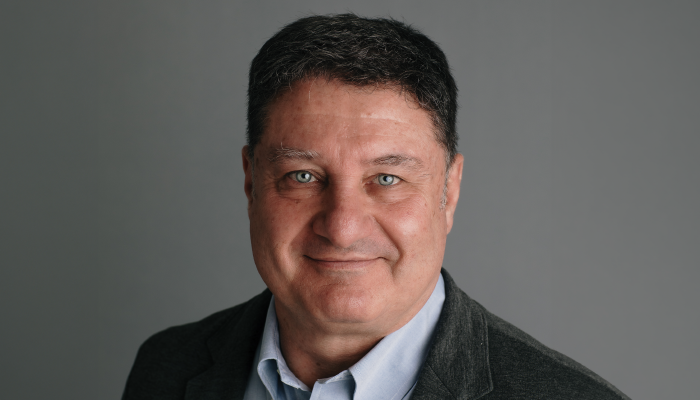
Francesco Carones
Our new online series sees key opinion leaders in the ophthalmic space discuss how they are addressing the pertinent issues in ophthalmology and sustainability.
In this installment, Power Lister Francesco Carones discusses his own personal involvement with pushing for sustainability in the ophthalmic world, and why the current fashionability of sustainability needs to be matched by the reality of its implementation.
How are you working towards sustainability in ophthalmology?
Sustainability is becoming increasingly important to me. As the Chairman and Medical Director of the practice where I work, I am driving the change to a more eco-friendly and sustainable environment. Also, working with the AECOS (American-European Congress of Ophthalmic Surgery), we are developing a program that can involve several clinics. My clinic, Advalia, is one of the reference clinics.
What are the most urgent sustainability priorities in the field?
There are two main priorities to consider in the field of surgical ophthalmology. The first concerns the size of the packaging of disposable instruments, which in itself is exaggerated in the vast majority of cases. This reduction of packaging alone could bring great eco-sustainability benefits, in terms of disposal as well as transport and storage costs. The second priority concerns the disposal of so-called contaminated waste, which represents a considerable cost without much potential for recycling the material used.
What has changed in terms of how practitioners and the industry have addressed sustainability in the last decade?
The issue of sustainability has become critical now, for both practitioners and the industry. Companies are now more careful about reducing their CO2 emissions; at the same time there is a strong trend by institutions to select eco-sustainable solutions, both in terms of medical products and in the management of the clinics themselves.
Sustainability is a topic that seems ubiquitous at events and meetings, but how genuinely is ophthalmology invested in it?
Eco-sustainability has become fashionable, but the reality is that still not enough is being done in practice. I believe this is because current sustainability messages are perceived as unattainable. These messages need to be simpler and more about the quotidian management of our structures. We should all adopt the philosophy that every individual doing something can bring about much better results than a few people being expected to do everything.
How can all ophthalmology’s stakeholders work together to reach goals in sustainability?
I think that the fundamental element for all stakeholders is to establish a common medium-long-term plan with clear and achievable objectives. Today, stakeholders are generally still more focused on their own areas of interest rather than on the global issue.
What would you like to see the profession achieve in this area in the next 5-10 years?
It’s quite difficult to define which goals and results are achievable in 5-10 years, but I would hope that by then the endless conversations around eco-sustainability have been resigned to history, that is, our whole global ecosystem is so much healthier that we don’t have to keep repeating these conversations!
Francesco Carones is the chairman and founder of Advalia Vision, Milan, Italy.
